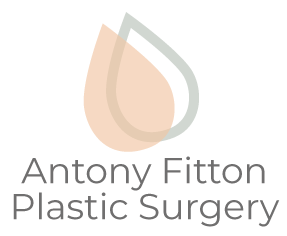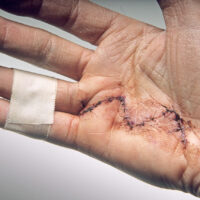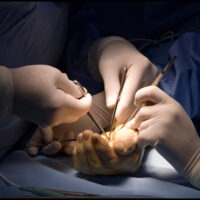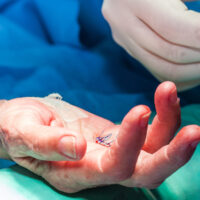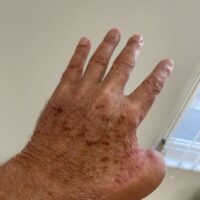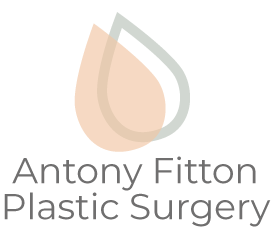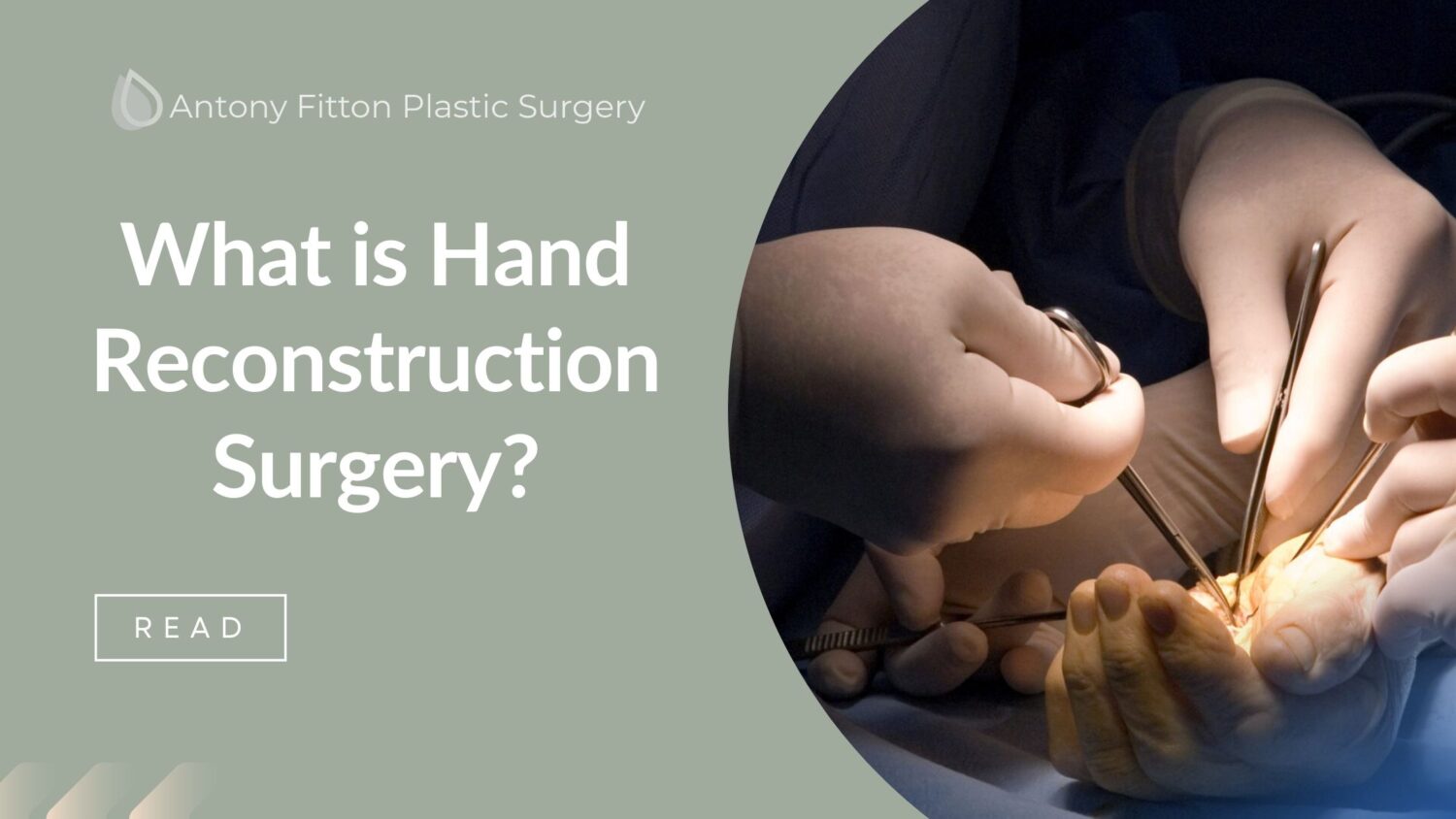
What is Hand Reconstruction Surgery?
Your hands are vital for everyday life. Whether you’re brushing your teeth, making dinner, opening a door, or operating tools, you want to perform daily tasks effortlessly and without pain.
Hand Reconstruction surgery is mainly performed on patients that have been unfortunate enough to have a hand injury and they would like to restore function and improve their appearance of the hand.
Reconstructive surgery for traumatic cases can involve the simple repair of an injured hand structure, reattachment of a severed limb, to actually transplanting a portion of the limb such as toe-to-thumb transplant.
What is most common hand surgery?
Plastic surgeons who perform hand surgery seek to restore hand and finger function. But hand surgeons also try to make the hand look as normal as possible, as well.
Hand reconstruction surgery may be done for many reasons, including:
- Hand injuries
- Rheumatic diseases, such as osteoarthritis and rheumatoid arthritis, that change and damage the structures in the hand
- Degenerative changes to the structures in the hand
- Problems or defects of the hand that are present at birth, or congenital
- Infections of the hand
Carpal tunnel surgery is one of the most common hand surgeries performed followed by Dupuytren’s Contracture and Trigger Finger.
Carpal tunnel syndrome occurs when swelling around the wrist tendons puts pressure on the median nerve and tendons running through an actual tunnel to the fingertips.
Dupuytren’s Contracture is marked by a thickening and tightness of the Palmer fascia causing one or more of the fingers (and rarely the Thumb) to bend into the palm.
Trigger Finger is caused by a thickening on the tendon catching as it runs in and out of the sheath. You can often feel this swelling in the palm as you move the finger.
Surgery offers the best chance of short and long term relief compared to other forms of treatment.
How long does hand surgery take?
Some hand surgery can take as little as 20 minutes, more intricate surgery can take up to 2-hours – it will depend on the type of surgery. The majority of patients go home on the same day as their operation (day case surgery).
Ideally you should arrange someone to collect you. You will not be able to drive yourself and should not use public transport.
You should also arrange for a responsible adult to stay with you for at least 24 hours after going home.
What to expect after hand surgery
Post-operative rehabilitation is needed in order to ensure the surgery is the most successful it can be and maximise the result. Hand therapists have developed specialised techniques and exercises for the restoration of hand function that maximise the effectiveness of reconstructive surgery.
How much does hand surgery cost?
The investment for hand surgery is approximately £2,000 – £5,000. This includes your surgeon, the procedure and aftercare.
Actual costs vary depending on the provider hospital you choose to have your surgery with.
What are the the risks of hand reconstruction surgery?
Most surgery carries the risks of anaesthesia and bleeding. Additional risks associated with surgery depend greatly on the type of surgery being performed and may include:
- Infection: Any operation can be followed by infection and this would be treated with antibiotics.
- Scar: You will have a scar where the surgery took place. This will be somewhat firm to touch and tender for 6-8 weeks. This can be helped by massaging the area firmly with the moisturising cream.
- Loss of feeling or movement of the hand or fingers
- Blood clots
- Nerve damage: The nerves running to the fingers can be damaged during the surgery causing numbness in part of the finger. This complication is very rare and the nerve would be repaired immediately, if your surgeon did inadvertently cut it during the operation.
- Stiffness: About 5% (1 in 20) of people are sensitive to hand surgery and their hand may become swollen, painful and stiff after any operation (algodystrophy). This problem cannot be predicted but will be watched for afterwards and treated with physiotherapy.
Summary
Although this is fairly minor surgery, you will still be asked several questions during your consultation.
Be prepared to discuss:
-
- Why you want the procedure, your expectations and desired outcome
- Medical conditions, drug allergies and medical treatments
- Use of current medications, vitamins, herbal supplements, alcohol, tobacco and drugs
- Previous surgeries
To find out more about having a treatment, book your no obligation consultation. You will meet with Antony Fitton and receive expert advice tailored to your needs.
Please call us on 07494 250277 or book your consultation using our online form.
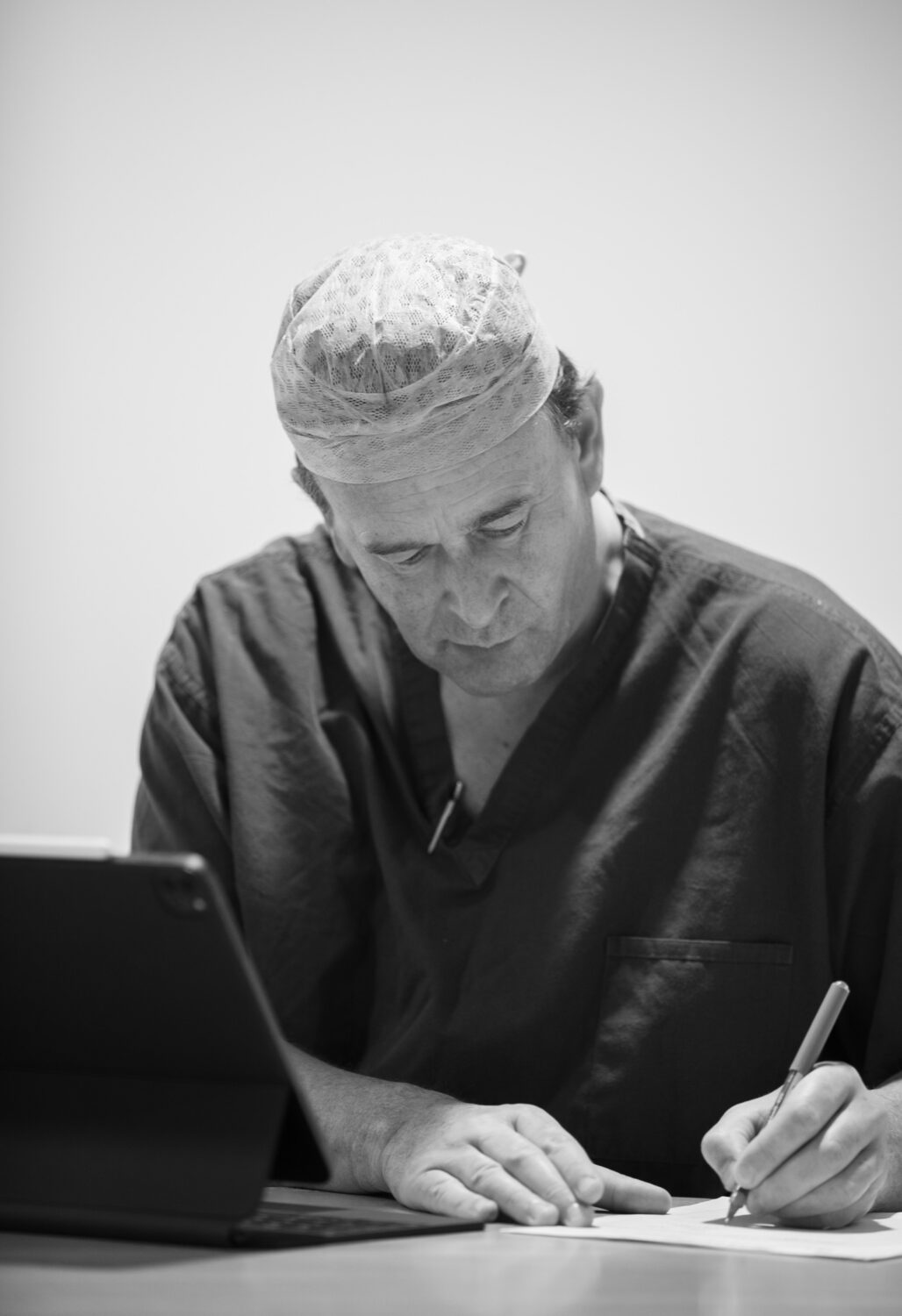
About your Plastic Surgeon: Mr Antony Fitton
MB, BS(hons)., MD., FRCS(eng)., FRCS(plast).
Mr Antony R Fitton qualified at the Royal London Hospital in 1989 with distinction in Surgery. He holds a MB, BS(hons)., MD., FRCS(eng). and FRCS(plast). (Fellowship at the Royal College of Surgeons).
He is a member of BAPRAS (British Association for Plastic, Reconstructive and Aesthetic Surgeons), BAAPS (British Association for Aesthetic Plastic Surgeons), BSSH (British Society for Surgery of the Hand).
Mr Fitton has received the Paton & Masser Award and the CM Matthews Award from the Royal College of Surgeons of England or his research in nerve injury.
Mr Fitton is licensed as Plastic and Reconstructive Surgeon by the GMC.
Life-changing result
"I just wanted to thank you (and your team) for the life-changing result of my top surgery. This will provide me with the freedom that I’m excited to enjoy, including being able to go swimming and actually staying cool in summer! All jokes aside, you have helped to mark a new chapter in my life, for which I am incredibly grateful… ALL the best."
Our appearance has an impact on how others perceive us. We are experts in creating an improved version of you. Click on a procedure below for more information.
Body surgery (or contouring) can involve all or one of the following, with prime focus on areas such as the buttocks, tummy, thighs, arms, and breasts. Click on the links below for more information.
There are several different types of hand surgery but all aim to restore functionality while making the hand look as normal as possible. Click on the links below for more information.

Should I Lose Weight Before a Tummy Tuck?
Discover if you should I lose weight before a tummy tuck and if it can enhance your surgery results
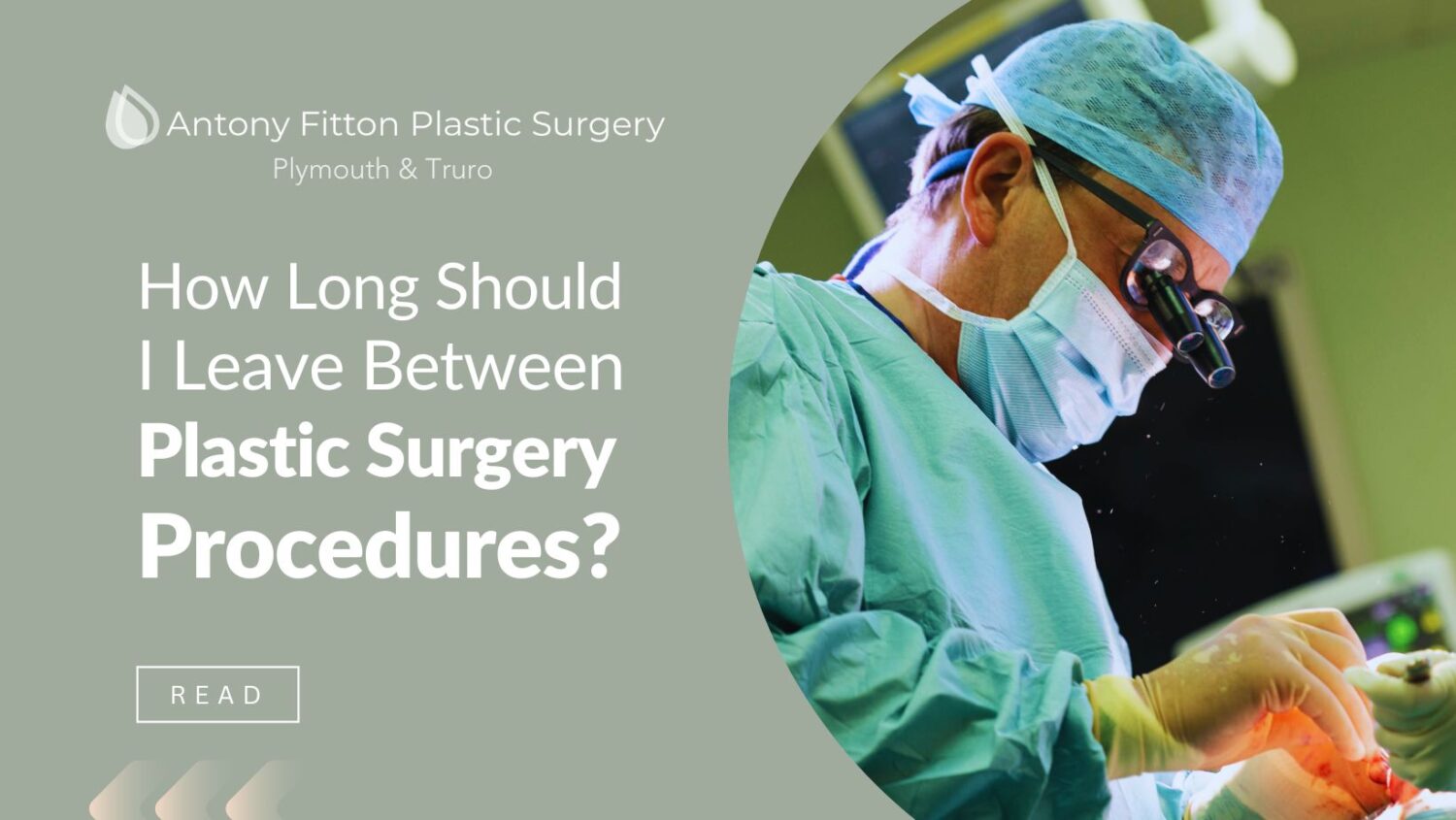
How Long Should I Leave Between Plastic Surgery Procedures?
Discover how long you should leave between plastic surgery procedures for optimal recovery and effec
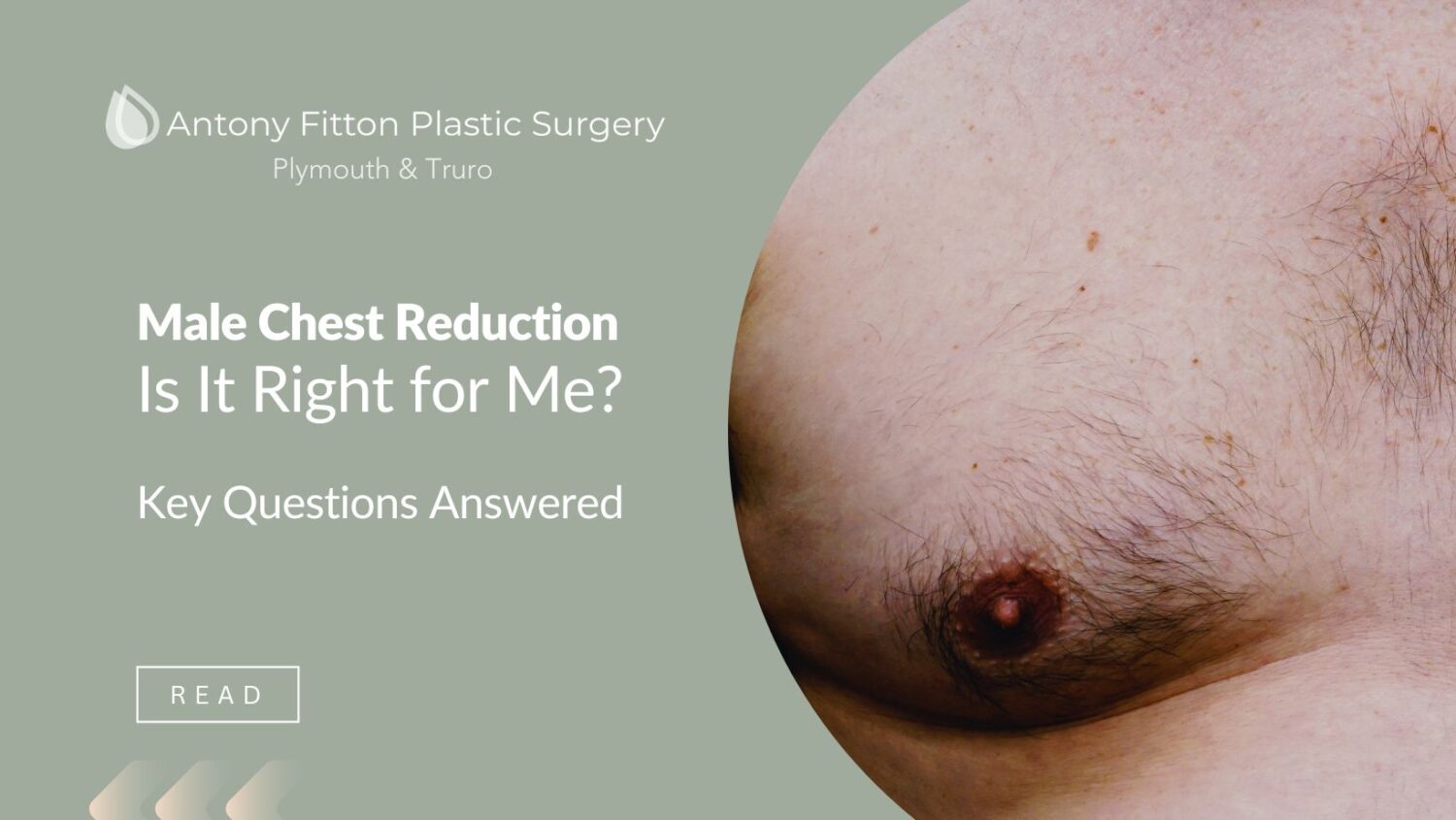
Is Male Chest Reduction Right for Me? Key Questions Answered
Is Male Chest Reduction Right for You? This blog answers crucial questions on gynecomastia surgery s



